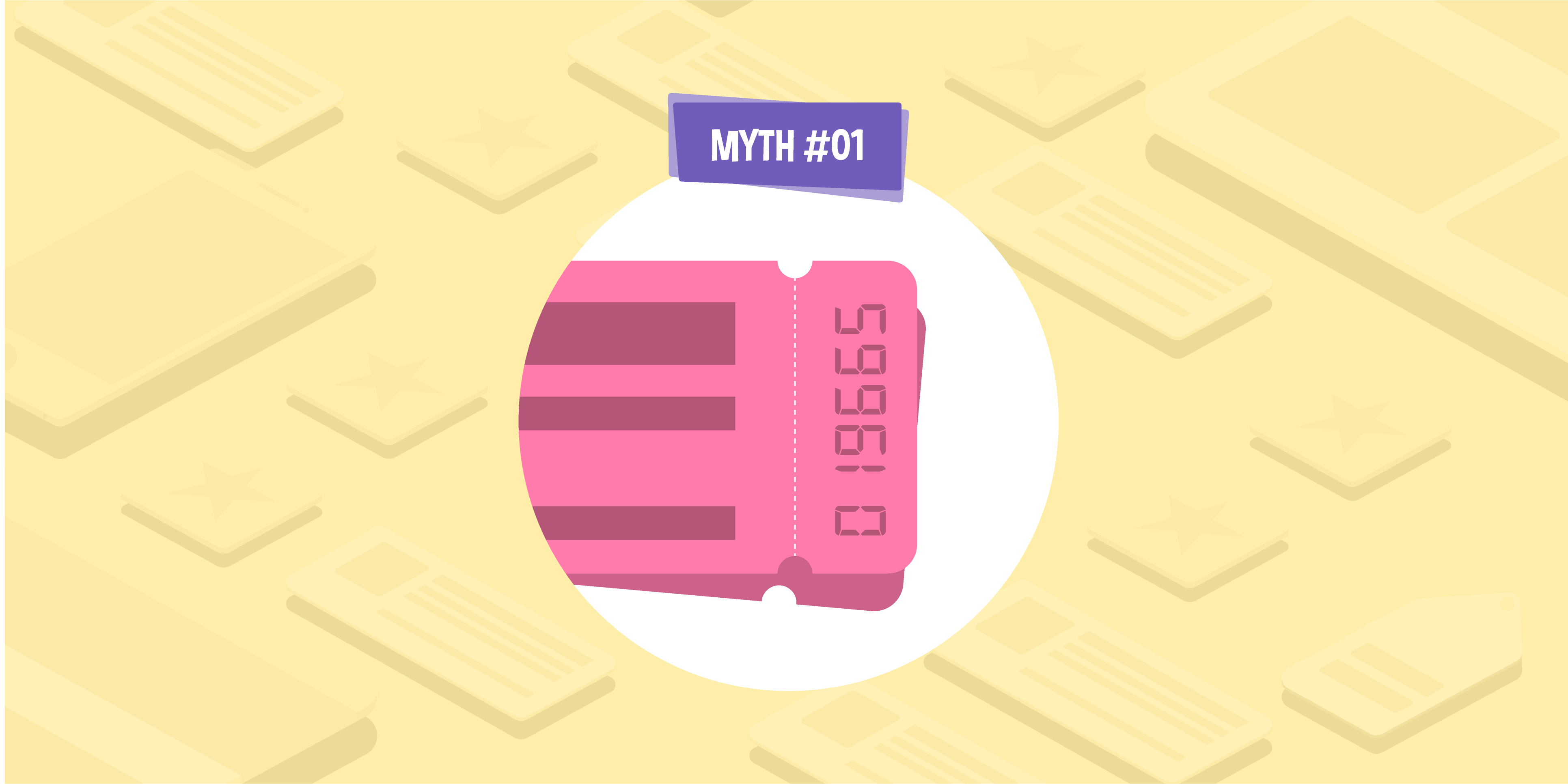
- 29 Jun 2016
- 4 Min read
Industry round-up: Amazon is the king of product search & AdWords’ Keyword Planner suffers a glitch
This edition of the industry-round up will bring you the latest in the world of digital marketing, including: Amazon outperforming Google as the starting point for product searches, Google AdWords’ Keyword Planner suffering from a widespread technical glitch, and a study finding that 60% of shared Twitter links don’t get any clicks.
Amazon is king of product search
A study undertaken by PowerReviews has found that more online shoppers will visit Amazon before searching on Google when it comes to shopping for products. The research surveyed more than 1,000 consumers in the USA to establish that 38% of people visit Amazon first, with Google being the second most visited destination with a 35% share. Brand or retailer websites were further behind with 21% and other e-commerce market places, like eBay and Etsy, were a distant fourth with 6%.
The survey also looked more at the reasons why people had such a preference for visiting Amazon first, with the top selling points being identified as their variety of products, free shipping, and a huge volume of helpful customer reviews. Of the 35% of shoppers who went to Google first, 52% of them clicked on a Google Shopping result and 42% chose an Amazon link.
A glitch on Google AdWords’ Keyword Planner caused confusion for many users
really, @adwords and @google?? REALLY??? Do you have any idea how many organic SEO people you just screwed over? pic.twitter.com/w0qQ6aujvh
— Greg Gifford (@GregGifford) June 16, 2016
A glitch has been preventing some users from accessing Google AdWords’ Keyword Planner. The tool is popular with search marketers who use it for keyword research for advertising and organic search, and this error message has caused confusion among many.
The glitch in question sees a notice appear telling users trying to access the tool ‘To use Keyword Planner, you need to have at least one active campaign’. Previously, AdWords has allowed users without campaigns to use the Planner, as long as they had an AdWords account.
The confusion caused by the error message forced Google to clarify its position on the tool’s usability, with the search giant at first denying that the claims made in the error message were true, before letting users know that the message was being caused by a ‘technical issue’.
@johndmaher Our technical teams are aware of the issue and are working on a resolution. We’ll keep you updated as we learn more. -Jarett (2)
— Google AdWords (@adwords) June 24, 2016
The message was even appearing for those users who actually had an active campaign, so it seems that users were affected universally, no matter whether they had a campaign or not.
Google indicated their technical team were working on it, and as of Tuesday, it seems the glitch has been fixed for most users.
University study finds that 59% of links shared on Twitter don’t get any clicks
Ever wondered why no one is interested in the links that you share on Twitter? A study by Columbia University and the French National institute into ‘What and who gets read on Twitter?’ has found that 59% of links shared on the site don’t actually get any clicks at all.
The study investigated data from visits to five major news websites logged over a one-month period, totalling around 2.8 million link shares on Twitter. It found that the majority of these shared pages are never clicked, including by those that post them, leaving masses of links that never have any interaction all over the social media network.
It also found that most links on Twitter were generated by big stories that made-up 9% of the shared links, but accounted for 90% of page clicks.
Study co-author Arnaud Legout said: “People are more willing to share an article than read it. This is typical of modern information consumption. People form an opinion based on a summary, or summary of summaries, without making the effort to go deeper.”
For more digital marketing insights, follow Glass Digital on social media. Connect with us on Facebook, Twitter, Google+, or LinkedIn.



